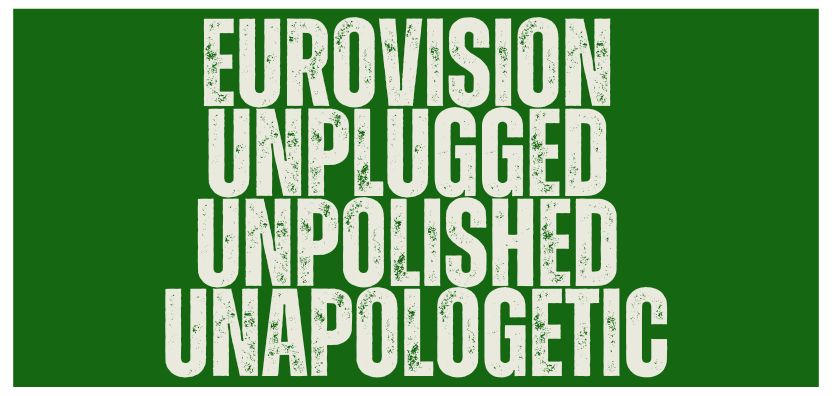
As the Eurovision Song Contest gears up for another year of unforgettable music and performances, it’s time for OnEurope to contrive a way to mark Mothering Sunday in the UK, by looking back at the ways artists have paid tribute to their mothers over the years.
Mother Ukraine

Initially written as a tribute to the mother of Kalush Orchestra’s frontman Oleh Psiuk, Stefania won last year in Turin.
“Indeed, some stuff in here was written long before the war, and it was dedicated to my mother,” Psiuk said. “After it all started with the war and the hostilities, it took on additional meaning, and many people started seeing it as their mother, Ukraine, in the meaning of the country.”
Eurovision had already highlighted the stories of Ukrainian mothers who faced adversity. In 2016, Jamala delivered an emotional performance of “1944.” Inspired by her great-grandmother’s experience during the deportation of Crimean Tatars by Soviet authoritie.
 In happier times, who can forget/is allowed to forget 2007 when Ukraine’s Verka Serduchka performed “Dancing Lasha Tumbai,” a lively and energetic song. With her iconic star-shaped headpiece and disco ball-like costume, Verka was joined on stage by her ‘mother’, who she described as her “number one fan.” This fun and quirky performance resonated with audiences and ultimately earned Ukraine a respectable second place.
In happier times, who can forget/is allowed to forget 2007 when Ukraine’s Verka Serduchka performed “Dancing Lasha Tumbai,” a lively and energetic song. With her iconic star-shaped headpiece and disco ball-like costume, Verka was joined on stage by her ‘mother’, who she described as her “number one fan.” This fun and quirky performance resonated with audiences and ultimately earned Ukraine a respectable second place.
Proud mothers
North Macedonia’s Tamara Todevska gave us “Proud” in 2019, a powerful anthem that celebrated the strength, courage, and resilience of women and mothers. Todevska’s performance touched hearts across Europe, as the song spoke to the challenges that mothers face and the strength they embody to overcome them.
In 2017, Dutch girl group OG3NE paid tribute to their mother with their song ‘Lights and Shadows’. “Our song is inspired by the illness of our mother,” they said at the press launch.
 In 2014, Belgian singer Axel Hirsoux took to the Eurovision stage with “Mother,” a tender ballad/sickly sweet awkward three minutes dedicated to the unbreakable bond between a mother and her child.
In 2014, Belgian singer Axel Hirsoux took to the Eurovision stage with “Mother,” a tender ballad/sickly sweet awkward three minutes dedicated to the unbreakable bond between a mother and her child.
In 2016, Armenia’s Iveta Mukuchyan showcased her maternal instincts with “LoveWave,” a song that celebrated the transformative power of love. Mukuchyan explained that the lyrics were inspired by her mother’s strength and resilience during difficult times.
Thank you mother
The contest has also allowed artists to use the stage as a platform to honor their own mothers. In 2018, Israel’s Netta Barzilai dedicated her winning song “Toy” to her mother, expressing gratitude for her unwavering support throughout her journey.
In 2014, Austria’s Conchita Wurst captured the hearts of millions with her soul-stirring performance of “Rise Like a Phoenix.” Dressed in a stunning gold gown, Conchita used her moment on stage to emphasize the value of self-acceptance, a lesson she credits to her mother’s unwavering support.

Switzerland’s Gjon’s Tears delivered an emotional and unforgettable performance of his song “Tout l’Univers” in 2021. The song, dedicated to his late grandmother, touched on themes of loss, grief, and the love that endures even after death.
Respect your mother!
Beware those who fail to show deference to their mothers. Polina Smolova, the Belarusian performer atthe Eurovision Song Contest 2006 decided to have a bit of a pop at her mother. The song ‘Mum’ fought back against maternal disapproval of her latest squeeze. She ended 22nd out of 23 with just ten points.





